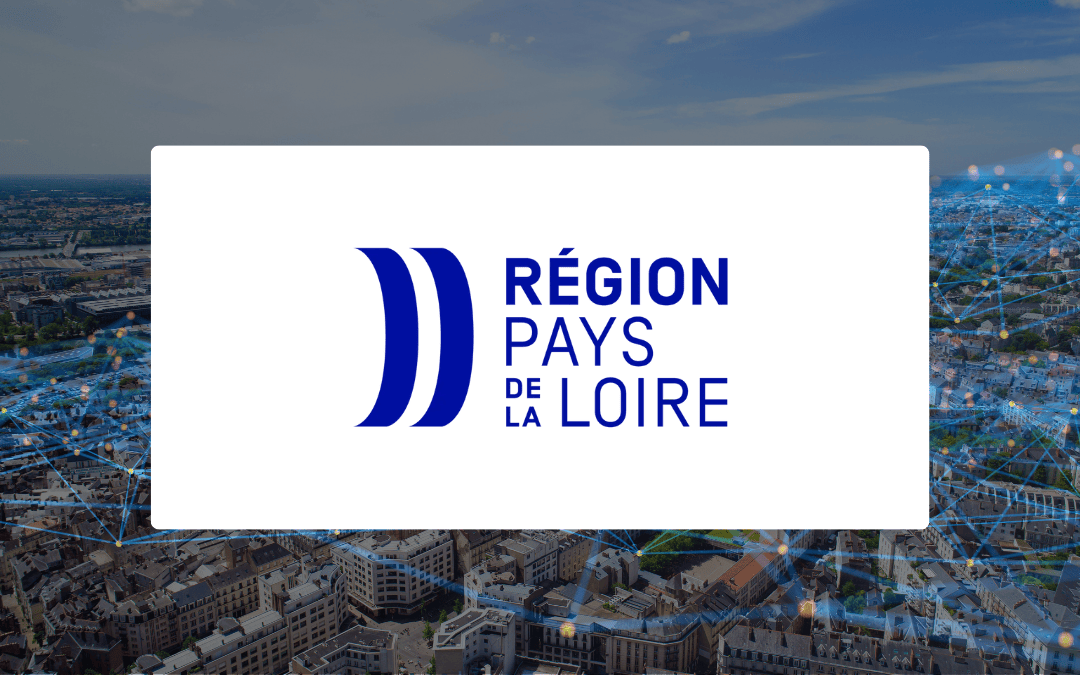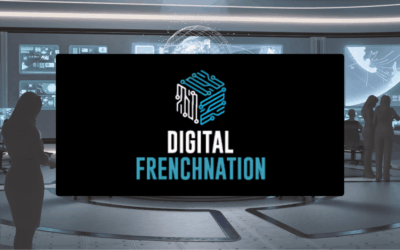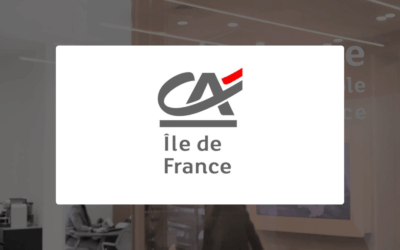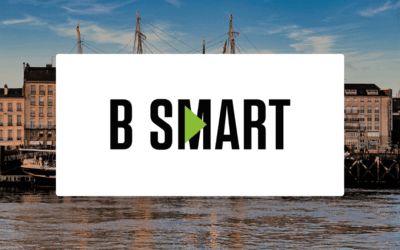The Pays de la Loire Region shared its feedback on using Suadeo’s Data Platform and its ambitions with the deployment of artificial intelligence. This ambitious initiative serves both the region and its citizens, built on digital sovereignty, staff empowerment, and the enhancement of human expertise. Watch the full conference replay below.
Key Insights from the Pays de la Loire Region
A Data & AI strategy serving the Region and its citizens
For Christophe Nicolle, Head of Data Governance, Analytics, and AI at the Region, data is not an end in itself, but a lever for efficiency and proximity in public policy.

« All these technological efforts must first and foremost strengthen our relationship with the region and its citizens. Our executive management and elected officials are deeply committed to involving all regional staff in this transformation. Data is for everyone: departments, decision-makers, and citizens »
Christophe Nicolle, Head of Data Governance, Analytics, and AI, Digital Transformation Department (DTN), Pays de la Loire Region
This commitment has led to the implementation of shared governance (Data Mesh structure), a robust technical foundation built on Kubernetes, and a deeply collaborative approach.
The Region chose Suadeo to industrialize data usage and secure decision-making processes while ensuring the sovereignty of its information.
« The goal is to industrialize data usage, from day-to-day management within operational departments to the communications shared with citizens and local territories, all within a unified information system. Choosing sovereignty was also a strong political choice. The Suadeo platform meets our expectations for robustness and security. »
Industrializing data usage and empowering employees
With Suadeo, the Region’s priority is to help its staff take ownership of data. Providing the tools needed for informed, real-time decision-making without relying on technical teams.

« We were looking for a position that would create an intermediate zone between technical and business expertise. Suadeo allowed us to build this shared data governance. »
Olivier Guillon, Head of Data & AI Division, DTN, Région Pays de la Loire
Suadeo’s Data Platform was deployed at the Region in 2022. Since then, business departments have been designing their own dashboards and using their data autonomously to better guide public policy decisions.
« Today, our departments for Training, Transport, Real Estate Assets, Economy, and Research have built their own dashboards in Suadeo. They use them daily. »
To date, 60 dashboards already support elected officials and staff in their decisions, offering a consolidated view and real-time adjustment capabilities.
The rollout is now expanding to all regional competences: Energy Transition, Education Guidance, Innovation, Land-Use Planning, and Civic Life.
Democratizing data with secure Artificial Intelligence
The new version currently being deployed, equipped with several AI modules developed by Suadeo, marks a turning point: it will strengthen employee autonomy and support decision-making.
“After consolidating data quality and user adoption, we are now integrating the new Suadeo version, where AI serves data just as much as data serves AI,” explains Olivier Guillon.
Generative and predictive, Suadeo AI will enable the Region to perform simulations and trend projections to anticipate the impacts of public policy decisions and adjust them as needed. All within a sovereign and secure environment.
“With Suadeo AI, we can now run simulations to test parameters, use forecasting to project trends, and measure impacts on public policy and services for citizens, ultimately enhancing decision support“.
A key feature of Suadeo AI is its on-premise deployment, hosted locally within the platform, requiring no internet data flow.
Moreover, Suadeo AI does not access data directly. It communicates with the data platform, ensuring data protection and compliance with governance and anonymization rules.
Finally, Suadeo AI is not a single intelligence but a suite of specialized AIs, each dedicated to a specific step in the data lifecycle: code generation and migration, data pipeline creation, querying, data lineage, dashboard generation, reporting interpretation, and action recommendations.
This “AI for All” approach enables business users, data scientists, and security officers to collaborate within a unified environment, without compromising sovereignty or confidentiality.
L’IA au service de la donnée
The Region pursues two main objectives: to improve public service quality through enhanced strategic decision-making, while ensuring full control, security, and ethical use of data. Its effort to democratize AI aligns with a responsible approach based on digital sovereignty, protection of sensitive data, and transparency in usage.

“When we talk about AI, we’re talking about ecology, economy, digital transformation, and citizens… We need to address all these issues, and they’re central to our regional discussions. We aim for resilient AI components capable of sharing our learnings with partners to build lasting, actionable solutions.”
Aymeric de Maussion, AI Director, Région des Pays de la Loire
Suadeo AI enables the Region to leverage unstructured data, enrich analyses, and accelerate decision-making, all while maintaining full control of its digital assets.
« AI must address real operational needs. It delivers value to our business departments. This isn’t just a technical matter. It’s about serving data and people. In practice, at the Dataviz level, we can instantly regenerate a dashboard and respond to a specific request for a meeting happening in 15 minutes. We’ve also started our first predictive projects with Suadeo, and the potential is already impressive. It’s a true paradigm shift. »
First use cases of Suadeo AI in the Region
The Pays de la Loire Region will rely on Suadeo’s AI to improve citizens’ quality of life in several areas: energy and infrastructure, education and training, transport, and more.
AI will enable data cross-analysis with multidimensional factors (population growth, weather, cost evolution, etc.) to anticipate impacts and adjust action plans accordingly.
« We are launching several projects with the platform’s AI. For example, we will analyze energy consumption and anticipate expenses to manage resources more efficiently. Adjust transport offerings based on population inflows, estimate potential delays, predict bus flows, and optimize school routes. We’ll also work on education and career guidance to anticipate future needs, such as where and when to build a new high school. Moreover, we’ll be able to analyze food waste in school cafeterias, monitor facility maintenance, and better track European and regional funding to maximize the effectiveness of our territorial actions » explains Olivier Guillon.






